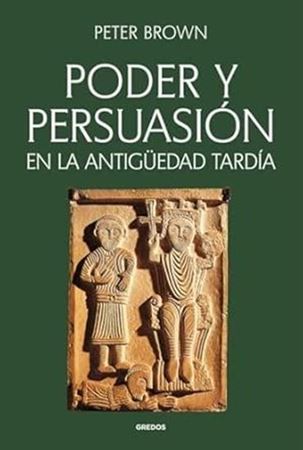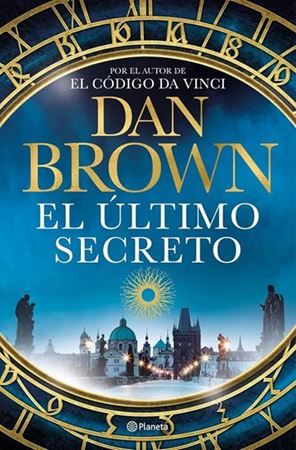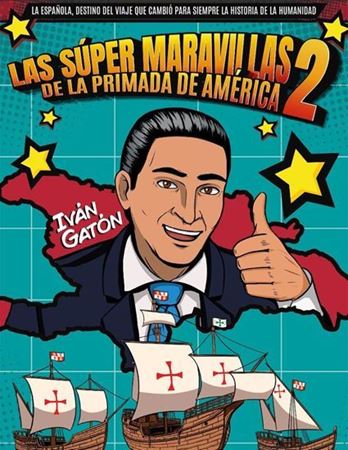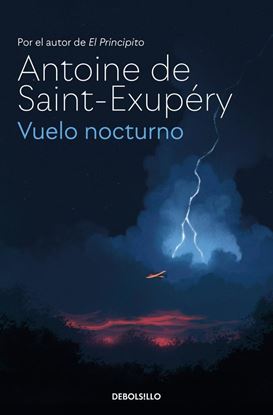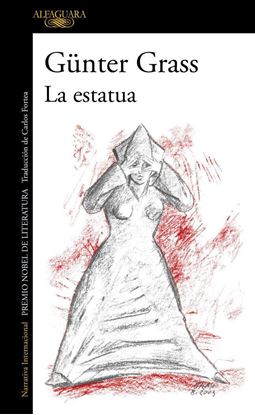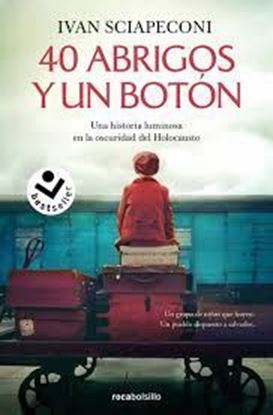

NOVEDADES
VUELO NOCTURNO (BOL)
Publicada en 1931, Vuelo nocturno se basa en las experiencias de Antonine de Saint-Exupéry como piloto de la compañía aérea Latécoère, que buscaba abrir nuevas rutas para el correo entre América, África y Europa en los años veinte, cuando los vuelos estaban llenos de peligros e incertidumbre. La novela narra una misión nocturna sobre la Patagonia argentina, durante la que un piloto portador del correo del sur se ve atrapado en un enorme frente de tomermenta. Sus ansiedades y las del personal de tierra se mezclan para reflejar todo el drama de una profesión en la que, en ciertos momentos, el deber llegaba a fundirse con el heroísmo.
800
600
LA ESTATUA
Cuando le preguntaron con qué mujer de la historia del arte le gustaría cenar, Umberto Eco contestó sin dudar Uta de Naumburgo, considerada durante siglos la mujer más bella de la Edad Media y acusada de brujería durante su corta vida.
En una gira de lecturas por la antigua RDA a finales de los años ochenta, Grass ve la estatua de Uta por primera vez en la catedral de Naumburgo, hoy Patrimonio de la Unesco, y queda embobado por su belleza y realismo. Su figura, idealizada por el nazismo e inspiración para que Walt Disney creara la madrastra de Blancanieves, se caracteriza por un gesto único para el siglo XIII: con la mano derecha levanta el cuello de su preciosa túnica con un aire de misterio, casi como para ocultarse de alguien.
Grass recurre en este libro al tradicional recurso del convidado de piedra invitando a cenar en su jardín a la hija de un orfebre que hizo de modelo para la estatua. Sin embargo, en un atrevido salto en el tiempo, Uta sigue apareciéndose en más ciudades durante sus viajes, sorprendiendo al narrador enamorado, que la busca por todas partes, y convirtiendo sus siguientes giras en un verdadero desastre, hasta la caída del Muro y sus consecuencias.
1,150
863
40 ABRIGOS Y UN BOTON (BOL)
Italia, verano de 1942. Cuarenta niños judíos llegan a la estación de Nonantola, cerca de Módena. Han escapado de la Alemania nazi y, ahora, instalados en una villa de las afueras del pueblo, sienten que lo peor ha pasado. Entre ellos se encuentra Natan, quien inicialmente ve con recelo toda esa atención. Las imágenes de su padre, sacado de casa a rastras en mitad de la noche, de la despedida de su madre y de su hermano pequeño, aún arden en su memoria.
Sin embargo, en Villa Emma no hay estrellas amarillas en los abrigos, ni guetos, ni redadas nocturnas. Este parece ser un mundo totalmente nuevo. Un mundo en el que los campesinos les llevan comida, los leñadores fabrican sus camas y cada uno puede contribuir con su trabajo. Hasta que las tropas nazis comienzan a acampar en Nonantola y para los chicos llega el momento de organizar una nueva huida. Sin embargo, esta vez no están solos, esta vez tienen a todo un pueblo luchando por ellos.
850
638


